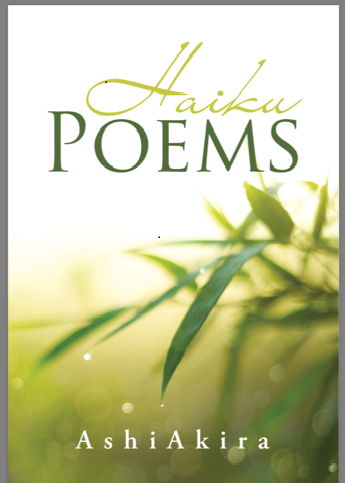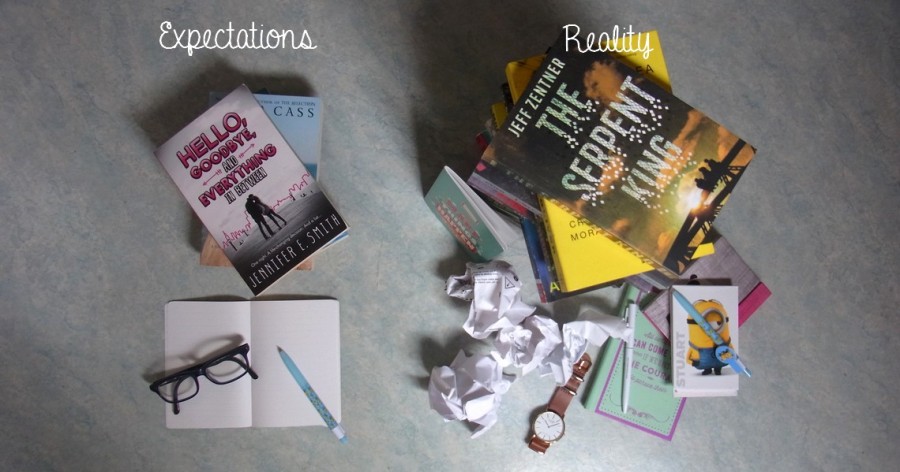Hi, all! Sue has been a blogging/writing friend of mine for a while now. I admire her work, so when she asked me to write a guest blog about my publishing journey, I squirmed, because I’m sure NO ONE has taken more detours and taken as long as I have along the way. But then again, maybe some of you have war stories, too. So here it is—my long and twisting road to publishing.

My Bumpy Road to Publishing
I started writing long enough ago that a writer could put a finished manuscript in a BIG envelope, add an SASE and a cover letter, and send it off to an editor. That was in the days of smaller publishing houses, before they were gobbled up by bigger companies. You didn’t have to have an agent to submit. And if an editor saw any promise in you, he/she would make a comment on your rejection slip. More magazines/editors bought short stories, too, so an author could gain some name recognition writing those. Things have changed since then.
In some ways, it’s easier to get published these days. A writer can self-publish if he’s willing to put in the time and effort to write, edit, buy covers, and market. The trick is getting readers to find you in the vast sea of other writers. You can’t submit to a big publisher without an agent, and agents are hard to get, but authors can reach them through pitch wars on twitter and get feedback faster than before. They can find writing advice at the click of a key. If they don’t want to bother with agents, some authors choose small publishers. In truth, though, writing has never been easy. No art is.
I started by writing short stories. At first, I sold to small magazines and often was paid in copies. Each sale—even if it was to a magazine no one had ever heard of—boosted my morale. They kept my dream afloat. Eventually, I sold to magazines who offered me 1 cent a word, and then I started selling to bigger markets. I was in two WomanSleuth anthologies and a few Barnes & Noble anthologies, and then made it into Ellery Queen and Alfred Hitchcock mystery magazines—no easy feat.
I decided to try to write longer fiction. I sold my first novella GOURMET KILLINGS (20,000 words) to a small publisher that bought a second one, and then went out of business. I wrote three cozy novels that editors loved, but wouldn’t buy, explaining that they loved my writing and the stories, but that no one was buying cozies—they were considered “dead.” Markets do that. When a “trend” takes off, every publisher scrambles to find similar books, and then the market gets glutted and dies for a while. One editor asked if I’d send her a serial killer mystery, so I wrote one—it took me a year—and sent it, and by then, the market was dead. She apologized, but the word had come down—no more serial killers. Lesson: Beware of writing to trends.
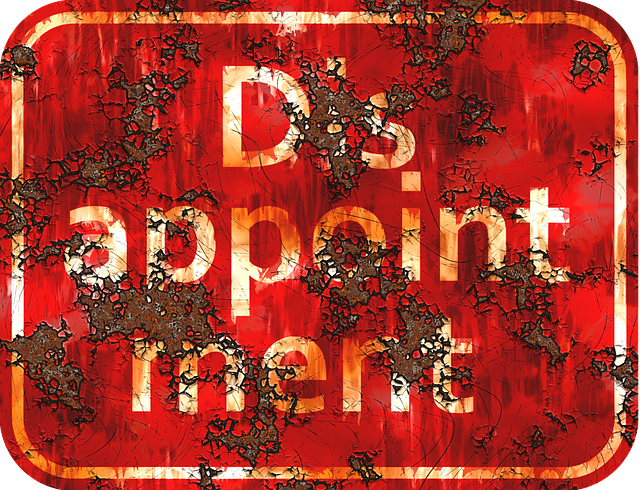
I sort of liked writing darker, though, so wrote a YA dark fantasy and sent it to Zebra (I think. It was a long time ago). They’d started publishing YA horror back then, and the editor was excited about my book and asked to hold it for a year, because if the horror line went over well, they were going to start dark fantasy next. I waited and waited. A year and a half later, I asked about my manuscript, and she’d lost it. The horror line fizzled, and she’d moved on to something else. Lesson: Don’t take rejections, etc. personally. You can write a great book, but there are so many things outside your control, part of getting published is just luck.
I wrote one more dark fantasy (adult this time) just for the fun of it. It was so off-beat, editors passed it around in their offices for others to read, but wrote me back that they’d have NO idea how to market it. And that’s the next big Lesson: Marketing matters. If a publisher doesn’t know where to put your book on the shelves, it’s a problem.
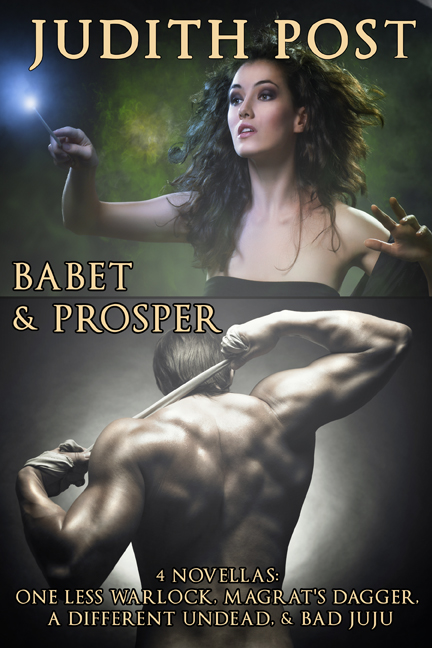
One editor who really liked it, though, asked if I’d be willing to send her an urban fantasy. I had no idea what urban fantasy was. I told her I’d try it if she defined it for me. She sent a list of what she wanted, and I sent her a novel. That first try was a miss, so she sent me lots of notes, and I tried again. That was close, so I sent a third—and she loved it. She took it to the table to pitch and told me to keep my fingers crossed, BUT it got shot down. Another editor had recently bought a novel that used Tarot cards for the supernatural element, and the sales team didn’t think they could pitch two Tarot novels at the same time. Just goes to show you. Lesson Reinforced: Success or rejection often doesn’t have a thing to do with your writing.

A week after that, my editor left Tor to pursue something else. And that’s when real life interfered with my writing. So many things happened at home, writing was the last thing on my mind. I threw manuscripts and lists of places I wanted to send to in a drawer for a few years. Lesson: Life can interfere. And that’s all right.
When the dust finally settled, I sat at my computer again. And guess what? Writing is sort of like riding a bicycle. You remember the basics. I wrote a “soft” paranormal because that’s what had been bouncing around in my head for a while, and sent it to agents because I’d lost track of what was going on in publishing. And an agent wanted it. Not just any agent, but a really good one. Now, I’d had two agents before, and that was a Lesson, too: A bad agent is worse than no agent. Just because you have an agent doesn’t mean you’ll get a contract. Agents only know so many editors, and when they send your manuscript to the ones they know, and none of them want it, your manuscript is done.
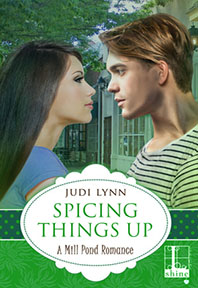
Book 4
Even my top agent couldn’t sell my paranormal. The market was shrinking. Urban fantasy and paranormal had hit big, and it was on the downswing. I wanted to try them online, and she wasn’t happy about it, but let me. Dystel and Goderich formatted them and put them up. I did everything else. But my agent really wanted me to find a traditional publisher, so asked if I could write romance. I’d never tried. I pretty much thought I’d suck at it. But she asked me to give it a try, so I did. And Kensington bought it for their e-books line. I had a three-book contract for my Mill Pond romances under a pseudonym: Judi Lynn. Then I signed for three more. My editor liked my books and thought I’d be good at mysteries😊 He asked if I’d like to write three more romances for him or try my hand at mysteries. I’d started in mysteries, so that’s what I’m working on now. I’d taken an up-and-down path full circle.
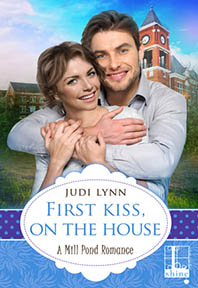
Book 5
If you’ve counted all of the books that I’ve written that didn’t sell, all the years I sold just enough to help me hang in there, it’s been a LONG journey. Frustrating over and over again, but I’m hooked on writing. And I kept coming close over and over again—always a tease to keep hitting the keys. I think I’m good at it. I’ve listened to lots and lots of people tell new writers, “Write a good book, and eventually, you’ll sell.” I don’t completely agree. I’ve written books that were good enough to find agents and editors, that didn’t go anywhere. BUT I was never smart about marketing. I only thought I was. I concentrated on the writing, the words, making them better. That’s not always enough.

If you want to write just to write. DO IT. If you want to put your book on Amazon and look at it and smile, DO THAT, TOO. And enjoy it. If you want to sell and have a career, BE SMART. You can do it, but the stars only shine on a few people to make them overnight sensations. The rest of us have to work at it.
*******
Thanks for visiting, Judy/Judi! If you’d like to learn more about her books, here is her contact information. I encourage you all to support a fellow writer. She’s amazing and her books offer a great read!
Twitter: @judypost










